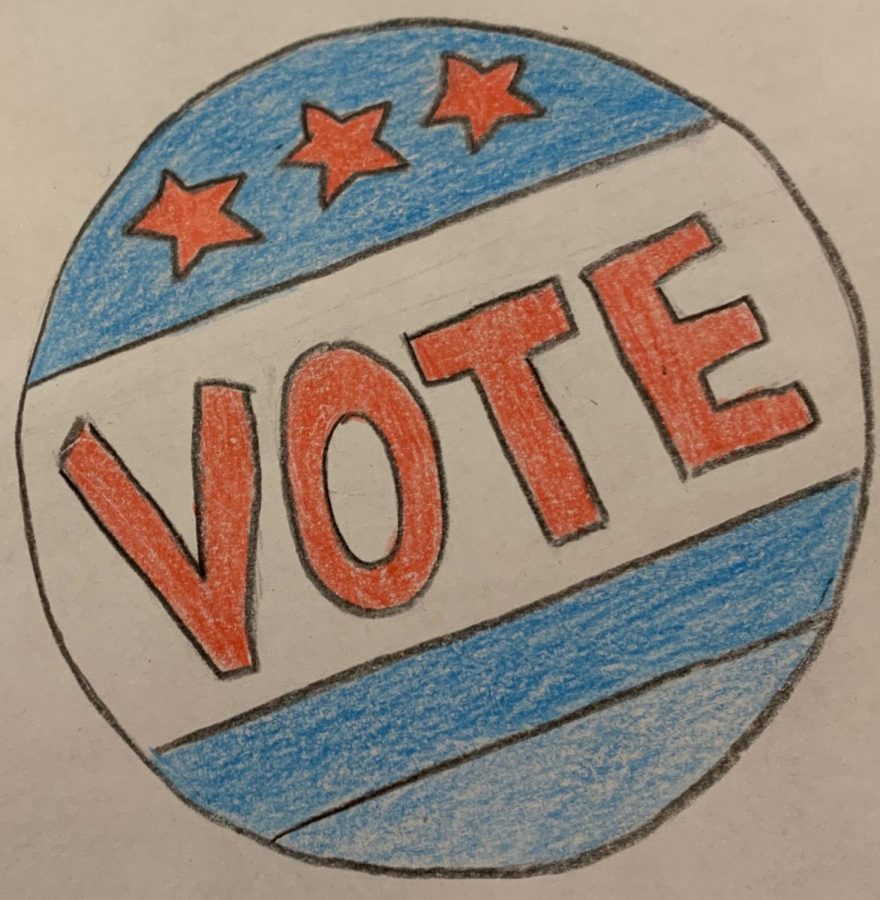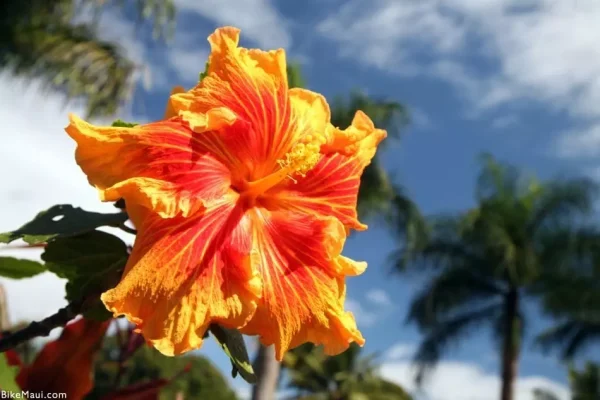Why Vote?
Teenagers need to pay attention to the political climate and to the policies legislators are approving to ensure their opinions are being fairly represented.
Student activist Nicole Markus cannot wait to vote. “Teenagers are literally the ones who will be affected the most by government decisions,” Markus said. “We have just as much (and sometimes more) knowledge than adults and the capability to speak up and make a change.”
Voting is a right granted to all American citizens over the age of 18, yet only 56% of Americans exercise their right to vote, the Pew Research Center found. For over a decade, the highest recorded young voter turnout of those 18-29, was only 20% in the nation.
However, when teenagers were made aware of politics and they realized they disagreed with the decisions of their policy makers, they decided to take action. The amount of student voters more than doubled to 40.3% between the 2014 and 2018 midterms, according to Tufts University’s Institute for Democracy & Higher Education.
Markus became involved in activism when she realized the government did not share her beliefs. She has joined activist groups and attended young leader seminars to ensure her voice is heard.
Many state colleges have organized “early-voting sites” to encourage student voting. Additionally, most private colleges have supported absentee voting for any students who are unable to return home to cast their vote.
The University of Michigan challenged their rival schools to see who could get more of their students to vote. Binghamton University even promised prizes, such as television sets or games, to the dorm building that registered the most voters.
Conversely, many state legislators are giving colleges grief for their effort to increase voter turnout. States like Texas and New Hampshire are beginning to block out-of-state students from voting because college campuses are not considered a permanent residence.
Legislators in such states claim students cause an unfair advantage to differing political views for as the Pew Center found 58% of voters registering as democrats.
In the supreme court ruling, Symm v. United States, it was decided that blocking anyone’s right to vote over the age of 18 violates the 26th amendment, which promises a vote to anyone over the age of 18.
Even after the ruling, states are trying to stop an overwhelming “democrat” vote as colleges makes voting more accessible to out-of-state residents.
Still, many policymakers remember that voting is created to give everyone a voice. New Jersey Assemblyman Greenwald realizes that politics revolve around the principle of listening to one another to find an agreement. If people can look above “divisive politics,” people will actually be able to work together to invoke positive change, he said.
“It’s about including people with diverse backgrounds in the conversation, and ensuring that everybody has a chance to have their voice heard,” he said.
Greenwald believes that teenagers, despite being unable to vote, need to advocate for issues that matter. Just like Markus, any teenager can get involved in politics, even if they are under the age of 18.
AP Government teacher, Mr. Hering, teaches students how to make an informed, well-rounded opinion about current and past politics. The class covers everything from constitutional federalism to the American political process to conducting an in-depth analysis of the 3 branches of government.
To make the democracy the healthiest it can be, there need to be informed citizens in every age group of American society, Mr. Hering said. Current events are always prominent when discussing history, especially the “concepts of constitutionalism” and the “debates over strong vs weak central governments.”
Students leave AP government knowing the necessity to vote and to encourage others to vote as well.
States that require a civics course to graduate hold higher community service rates and civil engagement, the Corporation for National and Community Service found. New Jersey does not require an independent civics class. Instead, legislators simply ask for two years of social studies classes with an emphasis on civics.
Eastern does encourage civil engagement by requiring community service to graduate, offering rigorous United States History courses, and maintaining an inclusive student counsel.
Senior Abigail Prutchi, who is both involved in student counsel and is currently enrolled in Mr. Hering’s AP government, believes voting is every American’s “civil duty.”
“Think about how it can effect you and how your vote effects people that you know, people around you, your family,” Prutchi said. “If you don’t vote, you have no right to complain about the government because you chose not to make your voice heard.”
With an increasingly divisive political climate, youth voting numbers have seemed to increase, college students are fighting to have easy access to voting, and civics classes are becoming increasingly vital.
Teenagers need to pay attention to the political climate and to the policies legislators are approving to ensure their opinions are being fairly represented.
“To teenagers who aren’t involved with politics: you should be,” Markus said. “This is your life the government is influencing, and you should be there to give your consent or dissent for policies at every step of the way.”







